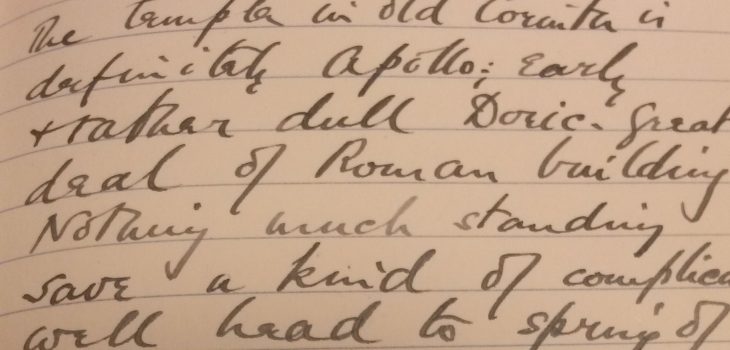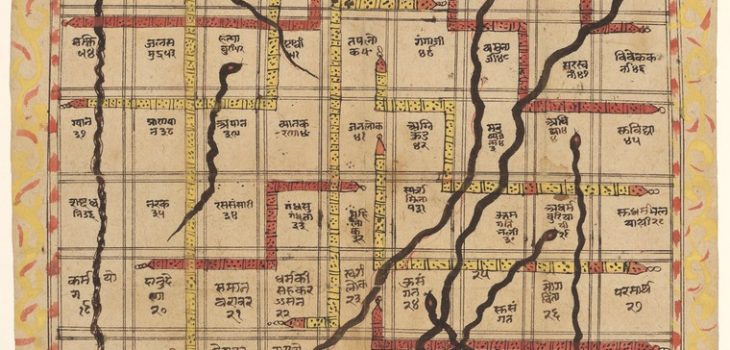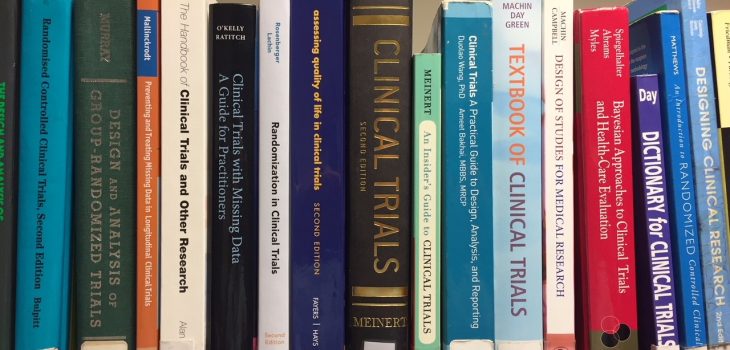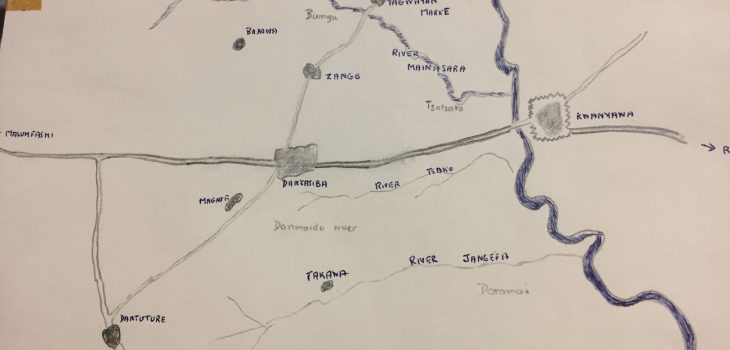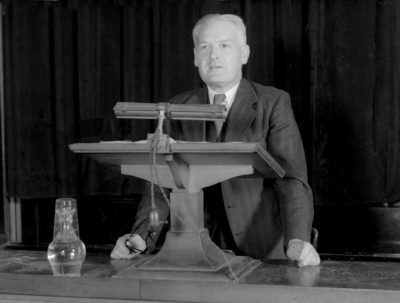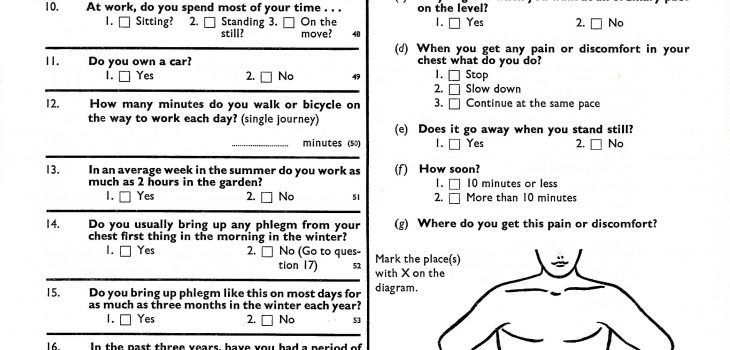This month’s colelction of the month is the Buxton collection, who was an entomologist, to celebrate of the upcoming National Insect Week http://www.nationalinsectweek.co.uk/
Patrick Alfred Buxton was born 1892, and educated at Trinity College, Cambridge. While he was at Cambridge, the physiologist Walter Fletcher encouraged…






